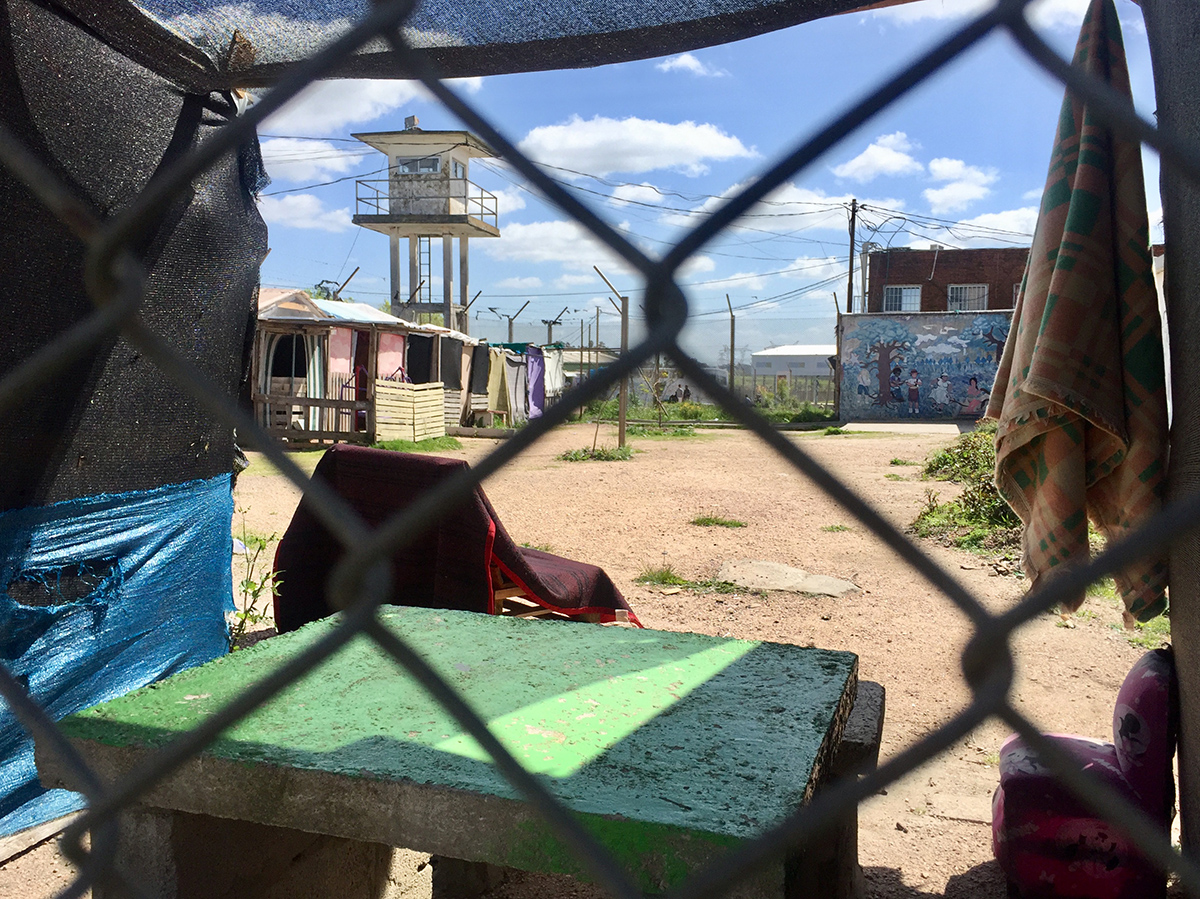Security & Crisis Response
ETH for Development (ETH4D) has been supporting the following projects in the field of Security and Crisis Response.
Protection Framework for Digital(ized) Conflicts
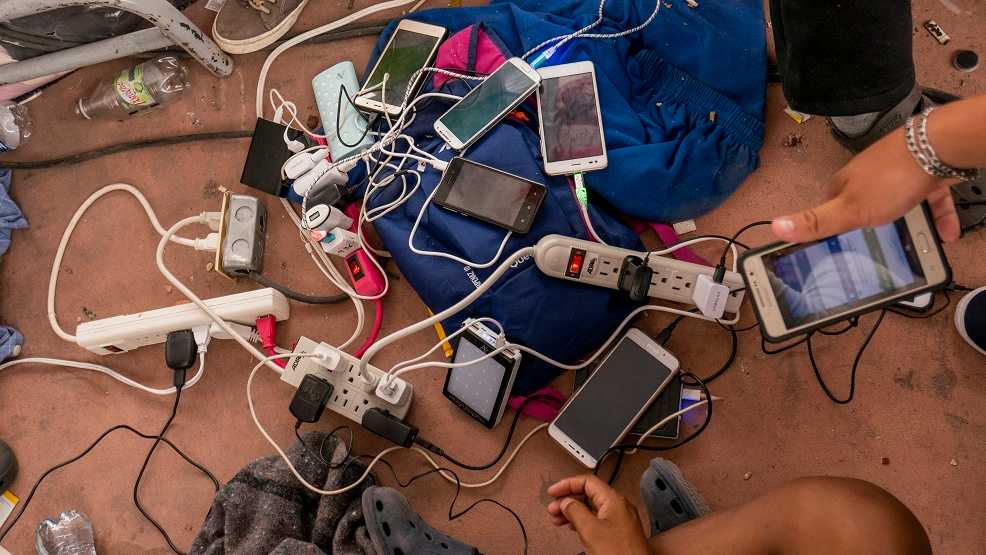
For humanitarian organisations such as the ICRC, the digitalisation of conflict environments poses a series of concerns related to physical, societal, and psychological cognitive risks to affected populations. The main objective of this project is to develop a methodological framework that enables humanitarian actors to develop awareness and preparedness of the digital dimension of armed conflict, which will be the basis to design adequate responses to people’s needs. A core deliverable will be a tool that can be used easily by humanitarian workers to better detect and document relevant factors, such as risks and harms, of digitalized conflicts in order to develop adequate protection-centred responses and to state and non-state actors.
Focus Region: Global
Contact: Dr. Myriam Dunn Cavelty
Partners: external page Joelle Rizk (Digital Threats Advisor, ICRC), external page Mark Silverman (Digital Transformation and Data Advisor, ICRC), Philippe Marc Stoll (Senior Techplomacy Delegate, ICRC), Dr Camino Kavanagh (external page King’s College London), Enrico Formica (external page United Nations)
ETH4D Grant: Humanitarian Action Challenges Grant
Authority Formation in Fragmented Conflicts
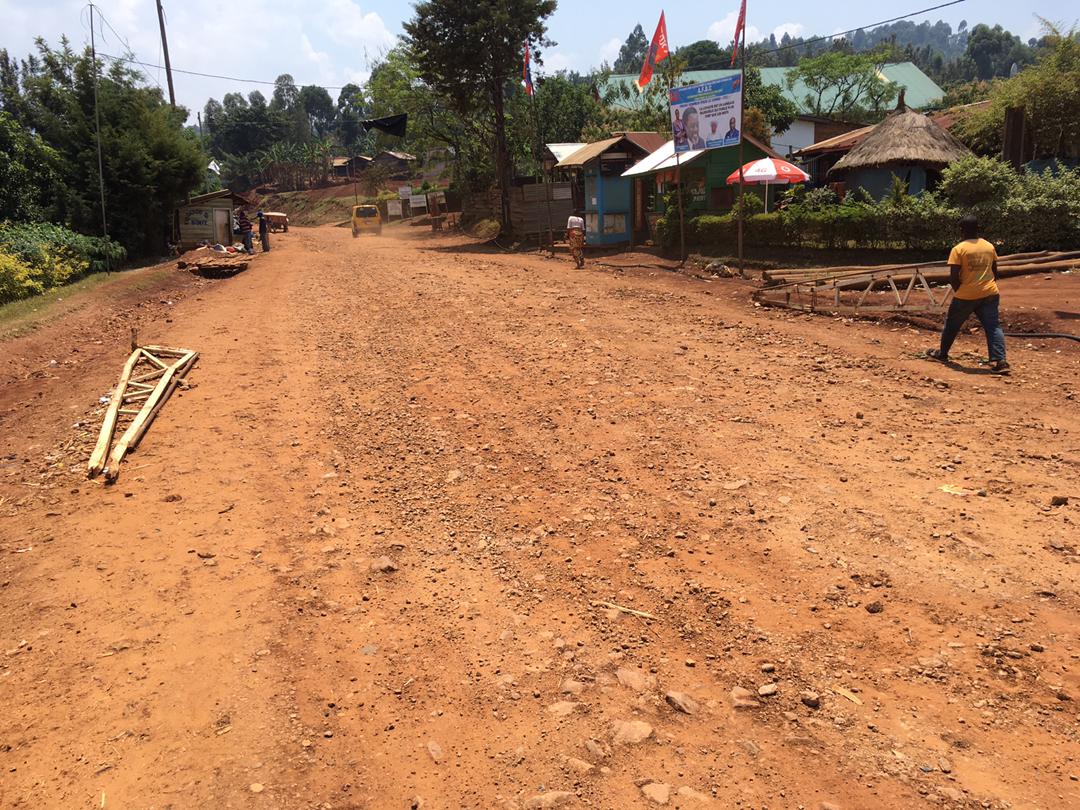
Armed conflicts remain a major challenge to sustainable development across the globe. Relationships between local populations and armed actors are of central importance for understanding these conflicts. These relations affect the onset of violence, conflict dynamics, civilian victimization, and post-conflict socio-political legacies. They can range from violent and exploitative to peaceful and cooperative. Despite the importance of these relationships, there is limited understanding of how they form. This lack of understanding is especially pronounced in fragmented conflicts, where civilians face multiple smaller armed groups rather than a single controlling force, leading to a volatile and uncertain environment. Fragmented conflicts are eminently common across the world and include some of the world’s deadliest conflicts, such as those in the Democratic Republic of Congo (DRC), Libya, or Myanmar.
We use a mixed-methods study to better understand why and how armed actors form relationships with the local population in South Kivu, eastern DRC. We conduct a population survey to test insights from qualitative interviews with local experts, civilians, and armed group members conducted in 2023. The project seeks to contribute to developing durable solutions and working towards peace by focusing on the perspectives of the local population. Understanding civilians’ needs and beliefs and how they view armed actors can help develop policies to improve civilian situations in fragmented conflicts in general. Additionally, insights into governance arrangements in South Kivu can guide localized solutions, particularly important as the UN Peace Operation MONUSCO is withdrawing after over 20 years in the region. The project partners Groupe d’Etudes sur les Conflits et la Sécurité Humaine (GEC-SH), and the International Peace Information Service (IPIS) will use the evidence to prepare policy recommendations and for public outreach in affected areas.
Focus Country: Democratic Republic of Congo (DRC)
Contact: Markus Geray, Prof. Andreas Wenger
Partners: external page Groupe d’Etudes sur les Conflits et la Sécurité Humaine (GEC-SH, DRC), external page International Peace Information Service (IPIS, Belgium)
ETH4D Grant: ETH4D Pilot Grant
Logistics Preparedness for Disease Outbreaks in Uganda
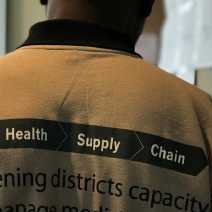
Outbreaks of infectious diseases are regular occurrences in Uganda, whose borders with unstable and disaster-prone neighbors expose the country to imported contagion. If not detected early and effectively contained, these deadly diseases threaten the health and economic well-being of the entire population, and beyond. Disease response is therefore a top priority for the Ministry of Health of Uganda, which has recognised logistics preparedness to be a key success factor.
The research applies the design science methodology to this ill-structured, practice-based problem. The iterative solution search will draw on scientific network optimization, based on historical patterns of disease outbreak, to compute which locations and levels of stock maximize responsiveness. The project works collaboratively with cross-sectoral stakeholders on the ground to refine the solution prototypes, then support implementation.
Focus Country: Uganda
Contact: Prof. Stephan Wagner
Partner: external page Ministry of Health (Uganda)
ETH4D Grant: ETH4D Research Challenges Grant
Decision-Making for Cost-Effective Medical Supply
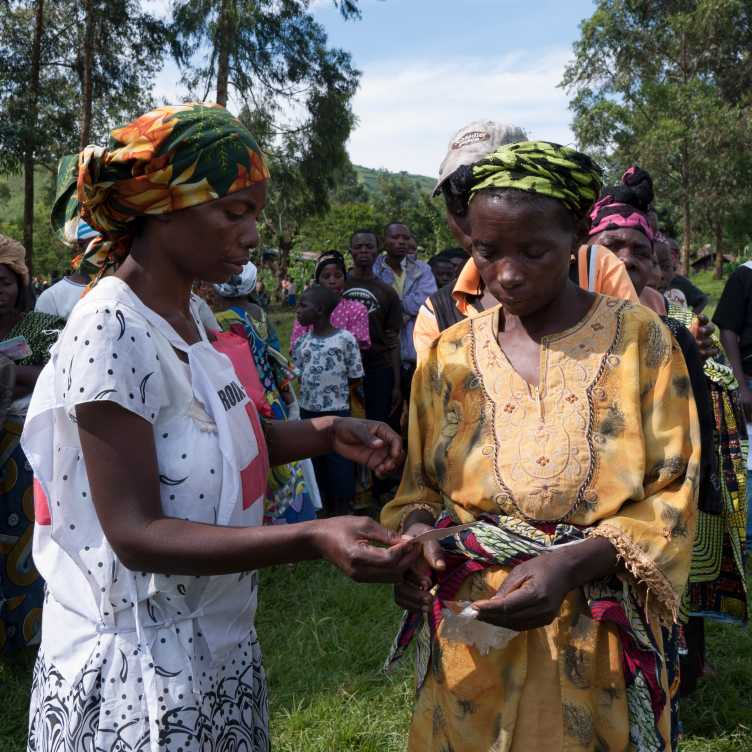
The project will support the ICRC to improve the reliable distribution of medical supplies in conflict (war) zones. Based on the analysis of several years of data from ICRC’s medical supply chain as well as a qualitative study of the ICRC’s organisational and process configurations, the project will identify root causes of poor information flow, model potential improvements, and propose implementable solutions. The goal is to avoid waste, improve medication availability for a better quality of service for conflict-affected populations.
external page Project Page Cost-Effective Medical Supply
Focus Countries: Democratic Republic of the Congo (DRC), Kenya, Somalia
Contact: Prof. Stephan Wagner
Partners: Sophie Gligorijevic (external page ICRC)
ETH4D Grant: Humanitarian Action Challenges Grant
Secure Infrastructure for Humanitarian Organizations
The ICRC benefits from a special legal status and specific privileges and immunities under both international and domestic law in over 95 countries. This special status enables the ICRC to carry out its mandate effectively and to do so in full conformity with its Fundamental Principles (particularly neutrality, impartiality, and independence) and standard working modalities. One of the key working modalities that enable the ICRC to have the trust of parties to conflicts and access to conflict areas and people affected by conflict is confidentiality. The increasing digitization of humanitarian data flows increasingly makes humanitarian organizations the targets of state-sponsored attackers. Consequently, secure approaches are needed for secure computation in cloud environments, accompanied by secure global communication.
Focus Region: Global
Contact: Prof. Adrian Perrig
Partners: Vincent Graf Narbel (external page ICRC), Stevens Le Blond (external page Neutrality)
ETH4D Grant: Humanitarian Action Challenges Grant
Wireless Mesh Networking for Humanitarian Communication
Effective communication is vital for coordinating humanitarian operations. However, regions in which humanitarian workers operate often suffer from frequent internet disruptions or lack connectivity altogether. Internet outages leave smartphones stranded, despite their widespread availability. To address this issue, the project will analyze a novel communication solution for times when cellular networks and non-terrestrial (satellite) networks are unreachable. We will explore the combined use of wireless mesh networks and Delay Tolerant Networks (DTNs). The solution will adapt to a changing environment: it will dynamically utilize the available resources, such as internet access or local Wi-Fi networks, and seamlessly transition to mesh networks (Bluetooth or Wi-Fi) during internet outages.
Focus Region: Global
Contact: Prof. Kenneth Paterson
Partners: Claudiu Mateescu (external page ICRC), Jeremie Oberson (external page ICRC), Dr. Stefan Mangold (external page Lovefield Wireless GmbH), Dr. Lenka Mareková
ETH4D Grant: Humanitarian Action Challenges Grant
Building Legitimate Conflict Management Institutions

Strengthening conflict management institutions is a major development challenge in fragile and conflict-affected areas. In these regions, where the state often has limited presence, non-state actors often engage in managing local conflicts. For instance, elders, business people, teachers or former parliamentarians are trusted to manage conflicts. To strengthen institutions in a sustainable way, it is important to understand which actors people already rely on. However, many development programs focus on strengthening state institutions often following approaches adapted to the Global North.
This project goes beyond state-centric and uniform perspectives by examining why people seek help from specific actors to manage their conflicts and not from others. It studies which qualities make these actors the prefered conflict managers. Focussing on Karamoja in Uganda, a historically marginalized and conflict-affected region, the project conducts interviews, focus groups, and a locally adapted survey. The mixed-methods design supports a nuanced, comparative analysis across communities and groups within region. In partnership with Karamoja Herders of the Horn, the research is locally led, ensuring the findings are relevant and grounded in local realities.
Focus Country: Uganda
Contact: r and
Partners: external page Karamoja Herders of the Horn
ETH4D Grant: ETH4D Pilot Grant
